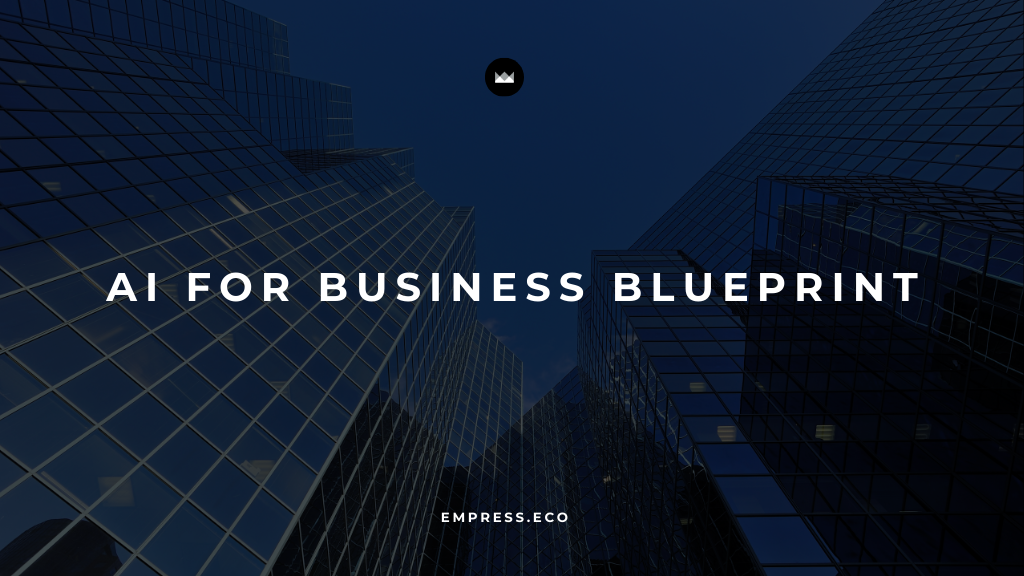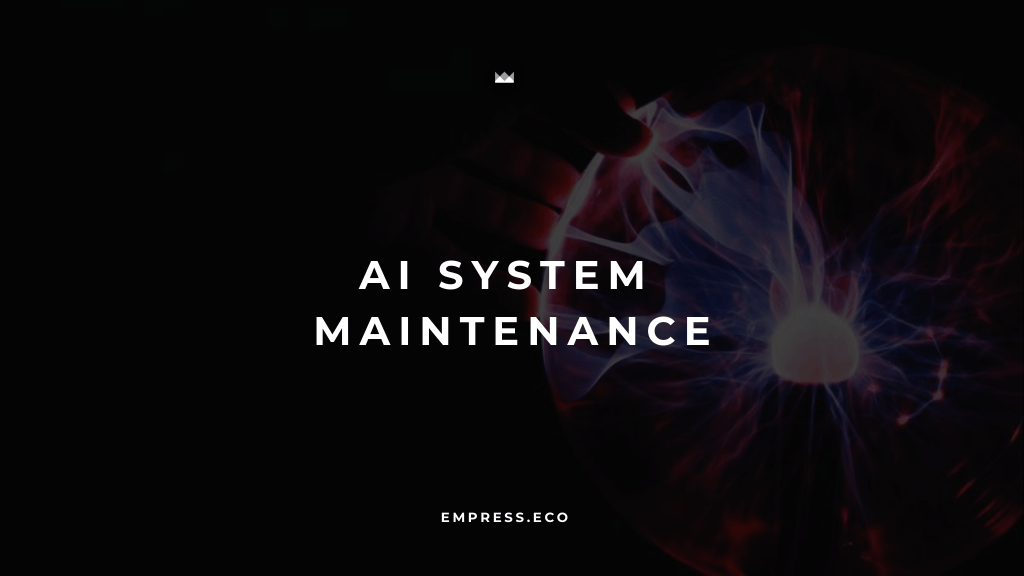As businesses increasingly adopt artificial intelligence (AI) to drive innovation and efficiency, choosing the right deployment strategy is crucial. Flexible AI deployment options, including cloud, on-premise, and hybrid solutions, offer distinct advantages that can be tailored to meet specific business needs. This blog explores the benefits of each deployment option and provides insights into how businesses can leverage these strategies for optimal performance and growth.
Understanding AI Deployment Options
AI deployment options vary based on where the AI infrastructure and data are hosted. The three primary deployment models are:
- Cloud-Based AI: AI services are hosted on public or private cloud platforms.
- On-Premise AI: AI infrastructure is deployed within the organization's physical premises.
- Hybrid AI: Combines both cloud and on-premise solutions, offering flexibility and scalability.
Benefits of Cloud-Based AI Deployment
Scalability and Flexibility
Cloud-based AI solutions, such as those offered by AWS SageMaker and Azure Machine Learning, provide unparalleled scalability and flexibility. Businesses can easily scale their AI resources up or down based on demand, ensuring they only pay for what they use. This is particularly beneficial for projects with fluctuating computational needs.
Example: A retail company uses cloud-based AI to handle seasonal spikes in online shopping, scaling resources during peak periods and reducing them during off-peak times.
Cost-Effectiveness
The pay-as-you-go pricing model of cloud services allows businesses to avoid the significant upfront costs associated with purchasing and maintaining hardware. This cost-effective approach makes it easier for businesses to experiment with AI without committing to large investments.
Example: A startup leverages cloud-based AI to develop and test new applications without the need for substantial capital expenditure on infrastructure.
Accessibility and Collaboration
Cloud-based AI platforms enable teams to access AI tools and data from anywhere, fostering collaboration and remote work. This accessibility ensures that teams can work together seamlessly, regardless of their physical location.
Example: A global tech company uses cloud-based AI to enable its distributed teams to collaborate on AI projects in real-time, enhancing productivity and innovation.
Benefits of On-Premise AI Deployment
Enhanced Control and Security
On-premise AI solutions provide businesses with maximum control over their data and infrastructure. This is particularly important for industries with stringent security and compliance requirements, such as finance and healthcare.
Example: A financial institution deploys on-premise AI to ensure that sensitive customer data is processed and stored within its secure environment, meeting regulatory standards.
Reduced Latency
Hosting AI workloads on-premise can significantly reduce latency, making it ideal for applications that require real-time or near-real-time processing. This is crucial for industries where immediate data processing is essential, such as autonomous vehicles and healthcare.
Example: A healthcare provider uses on-premise AI to analyze patient data in real-time, enabling prompt diagnosis and treatment.
Cost Savings for Continuous Workloads
For businesses with continuous and substantial computational needs, on-premise AI can be more cost-effective over time. By investing in their own infrastructure, businesses can avoid the ongoing costs associated with cloud services.
Example: A manufacturing company deploys on-premise AI to monitor and optimize its production processes continuously, reducing operational costs and improving efficiency.
Benefits of Hybrid AI Deployment
Flexibility and Customization
Hybrid AI solutions offer the best of both worlds by combining the scalability of cloud services with the control of on-premise infrastructure. This flexibility allows businesses to customize their AI deployment to meet specific needs and operational demands.
Example: A logistics company uses a hybrid AI solution to manage its supply chain, keeping sensitive data on-premise while leveraging the cloud for scalable analytics and reporting.
Optimized Resource Allocation
Hybrid AI enables businesses to allocate resources more effectively, using on-premise infrastructure for critical and sensitive operations while utilizing the cloud for less sensitive tasks that require scalability.
Example: An e-commerce platform uses a hybrid AI solution to process customer transactions on-premise for security, while using cloud-based AI to analyze shopping trends and personalize recommendations.
Enhanced Disaster Recovery and Business Continuity
By distributing AI workloads across both on-premise and cloud environments, businesses can enhance their disaster recovery and business continuity strategies. This approach ensures that operations can continue seamlessly in the event of a disruption.
Example: A media company uses a hybrid AI solution to store critical content on-premise while backing up data in the cloud, ensuring uninterrupted access to its media library.
Choosing the Right AI Deployment Option
Selecting the appropriate AI deployment model depends on various factors, including data sensitivity, scalability requirements, cost considerations, and specific business needs. Here are some key considerations:
- Data Sensitivity: For highly sensitive data, on-premise or hybrid solutions may be more suitable to ensure maximum control and security.
- Scalability: For projects with variable computational needs, cloud-based AI offers the flexibility to scale resources as needed.
- Cost: Conduct a total cost of ownership (TCO) analysis to compare the long-term costs of cloud versus on-premise solutions.
- Latency: For applications requiring real-time processing, on-premise AI can provide lower latency and faster response times.
Real-World Examples of AI Deployment Success
Cloud-Based AI: Enhancing Retail Operations
A global retail giant uses cloud-based AI to enhance its inventory management and customer service. By leveraging AI algorithms hosted on a cloud platform, the company can predict customer demand more accurately, optimize stock levels, and ensure timely replenishment of products. This has significantly reduced stockouts and overstock situations, improving customer satisfaction and operational efficiency.
On-Premise AI: Securing Financial Data
A leading financial institution employs on-premise AI solutions to secure its sensitive financial data. By hosting its AI infrastructure within its own data centers, the institution ensures that customer information remains protected from external threats. The on-premise deployment also allows for real-time analysis of financial transactions, enabling the early detection and prevention of fraudulent activities.
Hybrid AI: Streamlining Logistics
A logistics company utilizes a hybrid AI approach to streamline its supply chain operations. The company processes critical data on-premise to maintain control and security, while using cloud-based AI services for scalable data analytics and reporting. This hybrid model allows the company to respond quickly to changes in demand, optimize delivery routes, and improve overall supply chain efficiency.
Overcoming Challenges in AI Deployment
Ensuring Data Privacy and Security
Data privacy and security are paramount when deploying AI solutions. Businesses must implement robust data protection measures, such as encryption and access controls, to safeguard sensitive information. Compliance with regulations like GDPR is also essential to maintain customer trust and avoid legal penalties.
Tip: Regularly conduct security audits and update your security protocols to address emerging threats and vulnerabilities.
Navigating Ethical Considerations
AI deployment raises ethical considerations, including algorithmic bias and transparency. Companies should develop ethical guidelines for AI use, ensuring that their AI systems operate fairly and transparently. Regular reviews and audits can help identify and mitigate any biases in AI algorithms.
Tip: Establish an ethics committee to oversee AI projects and ensure compliance with ethical standards.
Investing in Workforce Training
To maximize the benefits of AI deployment, businesses must invest in training their workforce. Employees need to understand how to work effectively with AI tools and integrate them into their daily tasks. Continuous learning and upskilling initiatives are crucial for fostering a culture of innovation and adaptability.
Tip: Offer regular training sessions and workshops to keep employees updated on the latest AI technologies and best practices.
Conclusion
Flexible AI deployment options, including cloud, on-premise, and hybrid solutions, offer distinct advantages that can be tailored to meet specific business needs. By leveraging the right deployment strategy, businesses can enhance operational efficiency, improve decision-making, and gain a competitive edge. As AI continues to evolve, embracing flexible deployment models will be crucial for driving sustainable growth and innovation. Start exploring the benefits of different AI deployment options today to unlock new opportunities for your business.



